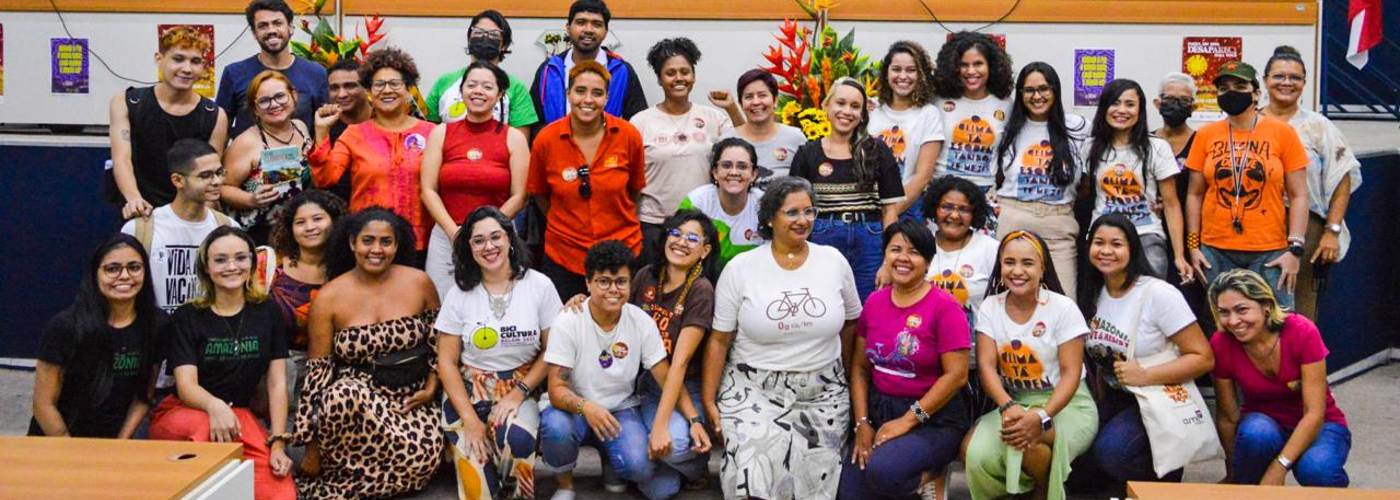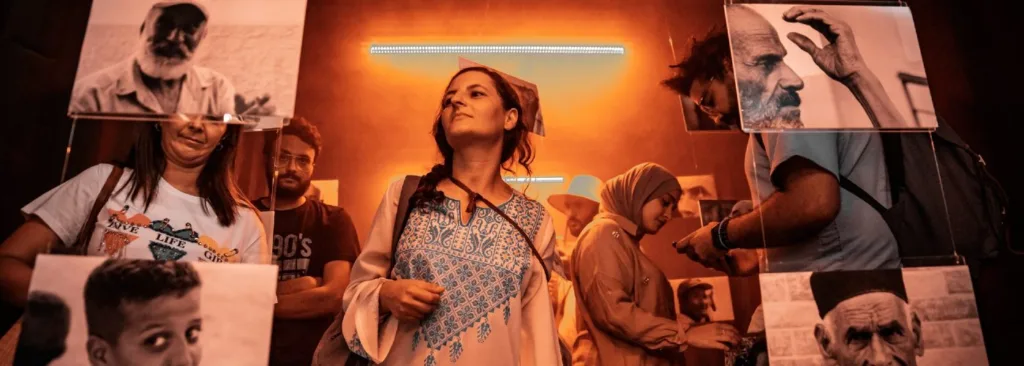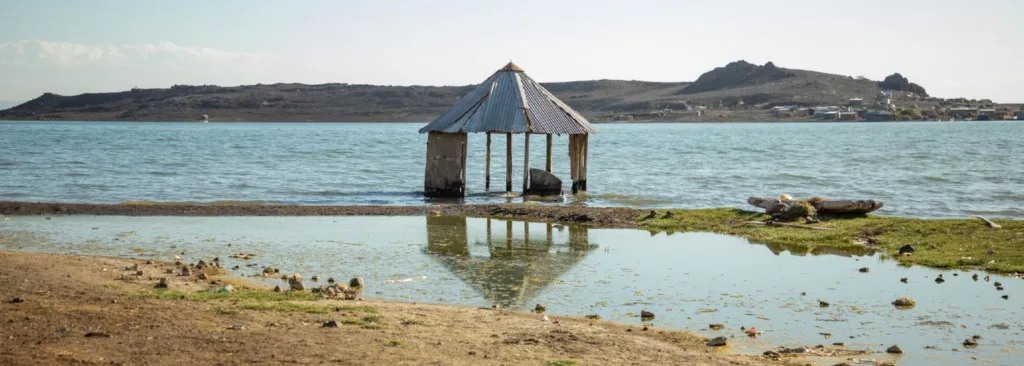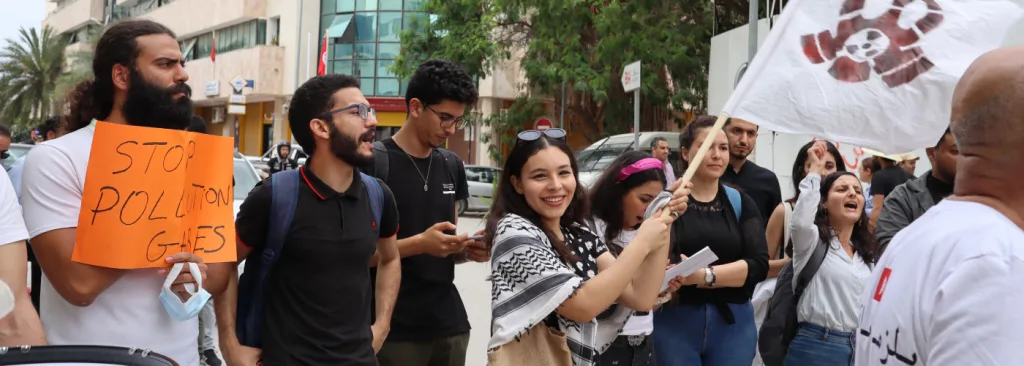By Job Muriithi, DME&L Officer at Hivos East Africa
The impacts of climate change are not felt equally. Those least responsible for creating the crisis – women, youth, Indigenous peoples, and rural communities – are the ones who bear the brunt of its consequences. To be truly just, climate action must not only be effective but also equitable and sustainable. Only then can we talk about achieving climate justice.
This is where a special approach can be enormously useful: Participatory Planning, Monitoring, Evaluation, and Learning (PMEL). It actively involves local communities in climate programs and uses their intimate knowledge of their surroundings to design and plan strategies.
But Participatory PMEL goes beyond consultation and involvement; it embraces local stakeholders as equal partners. By recognizing the invaluable knowledge and lived experiences of those on the frontlines of climate change, this collaborative approach is also very effective at building capacity and fostering networking across diverse groups.
Hivos and PMEL
One of Hivos’ major programs, Voices for Just Climate Action (VCA), works to enable civil society to play a central role in a just climate transition. VCA amplifies local voices through innovative storytelling, influences public opinion to create support for climate action, and advocates for locally-designed solutions to be included in climate policies and financing. Operating on the principle of bottom-up change, VCA supports local civil society organizations in co-creating solutions for increased local ownership and sustainable climate action.
VCA also lives and breathes Participatory PMEL. Traditional approaches to climate programs often involve one-way communication, with limited community involvement. We use Participatory PMEL to flip this script. Through it, VCA includes local communities as partners, and together we develop strategies for climate action based on their knowledge and experience. This goes far beyond consultation. PMEL builds critical skills in organizing, research, and advocacy, empowering communities to develop their own climate solutions. In the end, there is no better way to increase local ownership and make climate action sustainable.
Amplifying local voices
In Brazil, VCA supports local organizations that look at policy programs of political candidates and assess if they are “climate friendly.” If so, they receive a green trade mark from these organizations. Additionally, VCA links Indigenous politicians to the Green movement. This leads to further integration of local climate and Indigenous issues on the political agenda.
In Indonesia, VCA has created platforms for local youth communities to actively shape village climate action plans. From conducting the baseline study to sharing findings in workshops with local governments, their perspectives have been central in influencing policy decisions. This is a clear example of how Participatory PMEL’s collaborative approach results in better and more inclusive climate policy.
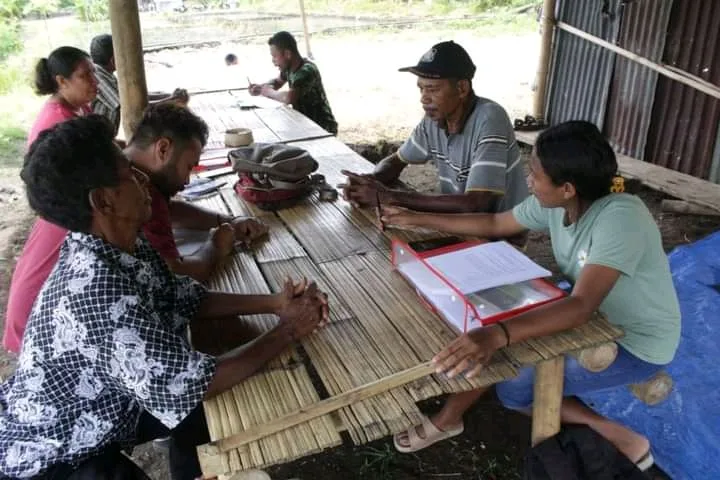
Harnessing Indigenous knowledge
Participatory PMEL goes beyond knowledge exchange; it fosters bottom-up engagement so that local creativity and wisdom tailor solutions to unique needs. Local communities continuously learn by doing, which increases accountability and improves program outcomes. They track progress, provide feedback, and adapt approaches as circumstances evolve.
In Kenya’s Homa Bay County, for example, VCA discovered that local people did not know much about the climate change funds allocated by local government. Working with a local partner, VCA brought together community representatives and county officials, leading to the creation of a Climate Change Budget Tracking Toolkit – a powerful tool for ensuring transparency and accountability.
Investing in lasting change
While requiring time and resources, Participatory PMEL is a cornerstone for just, resilient, and effective climate action. Studies consistently show that community-led initiatives incorporating participatory monitoring and evaluation result in increased project sustainability and improved outcomes.
Addressing challenges head-on
Hivos acknowledges the potential challenges to Participatory PMEL, such as resource constraints, power dynamics within communities, and capacity-building needs. By establishing clear communication channels, facilitating inclusive decision-making, and providing training and support, we work to overcome these hurdles and ensure the success of our initiatives.
A catalyst for systemic change
Participatory PMEL shifts the paradigm from marginalized groups as passive beneficiaries to active, valued, and responsible participants. Traditional top-down decision-making is replaced with a model that integrates lived experiences and traditional knowledge, making sure climate actions and policies truly reflect community needs.
This approach strengthens and scales up the inherent power and capabilities of communities, fostering a sense of ownership and equipping them with the skills to tackle present and future challenges.
Especially for climate justice, Participatory PMEL offers a powerful pathway forward. It fosters solutions for and by the communities most affected. By amplifying marginalized voices, promoting accountability, and enabling locally-led, sustainable climate action, Participatory PMEL paves the way for a more just and equitable future for all.

